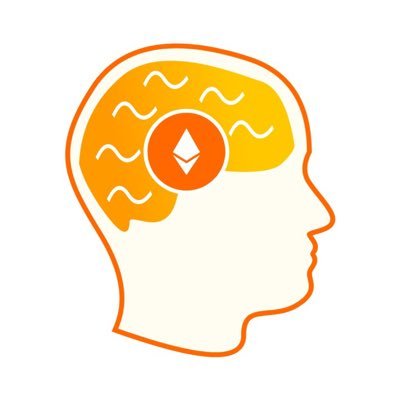




Top Decentralized Identity Tools on Ethereum
Find the best dev tools for your blockchain project faster with the ultimate web3 library
AllAPIsSDKsStorageNode ProvidersExplorersIndexersDeployment ToolsIdentity ToolsWalletsOraclesPayment Tools
Sort:
Filters
Type

Proof of Humanity ETH
ETH
The internet of humans. Decentralized, AI-resistant, and economically incentivized.
What is Decentralized Identity on Ethereum?
Decentralized Identity on Ethereum refers to the implementation and management of self-sovereign identities using the Ethereum blockchain. Ethereum, with its smart contract capabilities, offers a robust foundation for creating, managing, and verifying decentralized identities. Developers on Ethereum have created various protocols and standards, such as ERC-725 and ERC-735, to facilitate the issuance, management, and verification of identity claims in a decentralized manner.
Decentralized Identity's Features on Ethereum
- ERC Standards: Ethereum has specific ERC standards, like ERC-725 (for identity) and ERC-735 (for claims), designed to establish a framework for decentralized identity solutions.
- Smart Contracts: Ethereum's smart contracts automate the processes of verifying claims, issuing credentials, and managing permissions in a trustless environment.
- DApps & Identity Wallets: Decentralized applications (DApps) on Ethereum offer interfaces for users to manage and share their identities, while specialized wallets store and protect their credentials.
- Interoperability: Ethereum-based identity solutions often support cross-chain interactions, allowing users to manage identities across different blockchain ecosystems.
- Privacy & Control: Ethereum's decentralized identity ensures users retain full control over their data, deciding which parts of their identity they want to disclose and to whom.